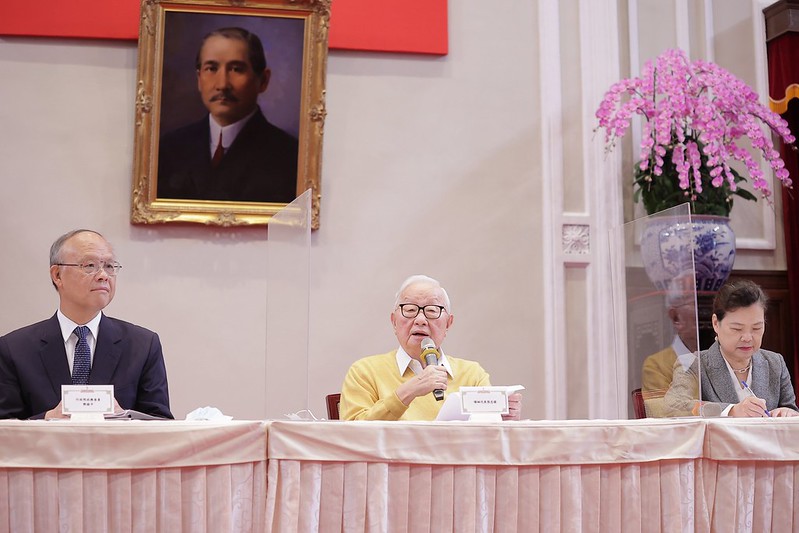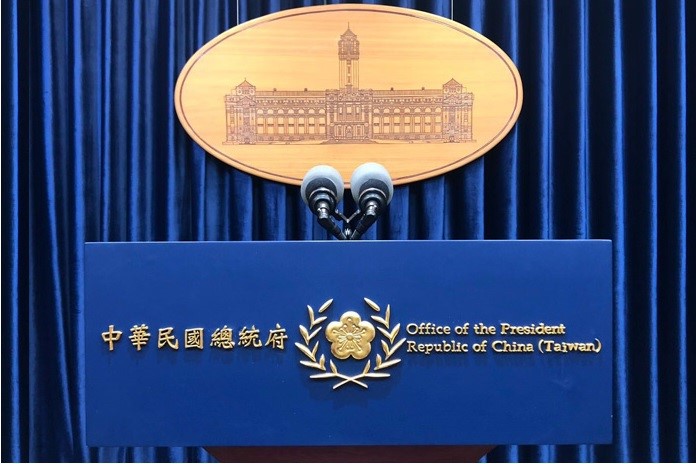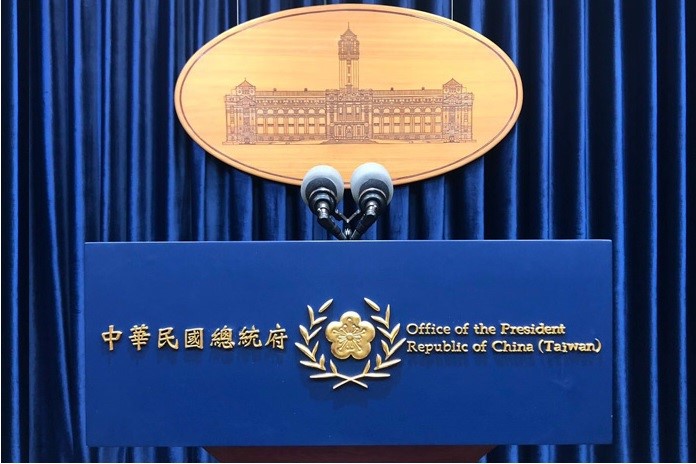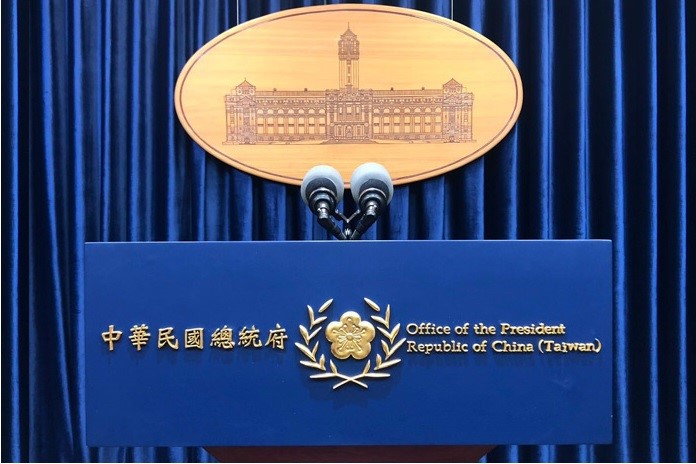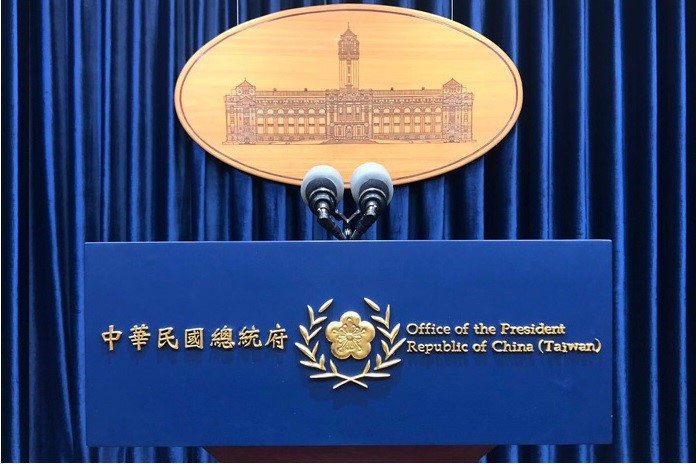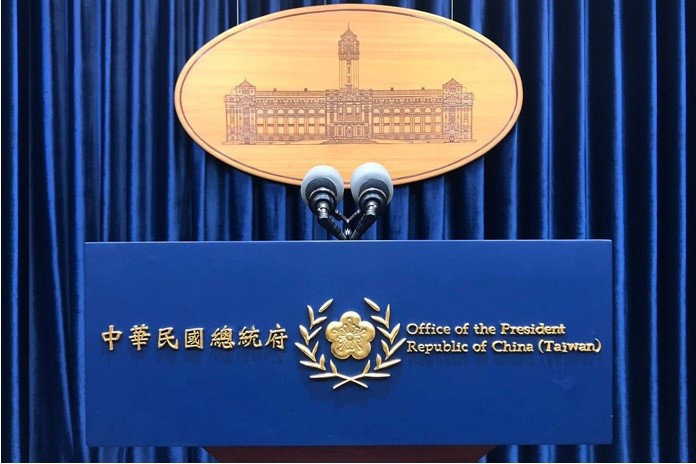News & activities
 News releases
News releases
Responding to Japan's fifth donation of AstraZeneca COVID-19 vaccines doses, which arrived in Taiwan around noon on September 25, Presidential Office Spokesperson Xavier Chang (張惇涵) said that the Presidential Office is once again sincerely grateful to Japan, the single largest donor of vaccines to Taiwan. This shipment of 500,000 vaccine doses brings the total doses donated by the Japanese government to Taiwan to 3.9 million, a symbol of staunch friendship which has deeply touched the people of Taiwan.
Spokesperson Chang said that, at a time when the global pandemic remains severe and vaccines are in short supply, the Japanese government's assistance has significantly increased Taiwan's vaccination coverage, and marks the fifth time the Japanese government has extended a helping hand by donating vaccines. Taiwan recently announced that our public and private sectors will donate 1.24 million face masks, 10,000 pulse oximeters, and 1,008 oxygen concentrators to Japan, which, together with Japan's assistance, demonstrate a virtuous cycle of mutual aid and cooperation in fighting the pandemic that reflects our deep bilateral friendship.
Spokesperson Chang said the Presidential Office is again sincerely grateful to the many people who helped make this donation possible, as well as to our diplomatic team for their hard work. The spokesperson added that Taiwan and Japan are partners who share the values of democracy, freedom, and human rights, and said that Taiwan will continue to build upon the firm foundation of our bilateral friendship by deepening our wide-ranging partnership with Japan, expressing confidence that we can overcome the challenges of the pandemic through cooperation and mutual assistance.
